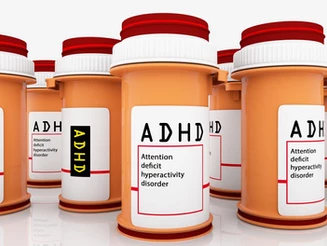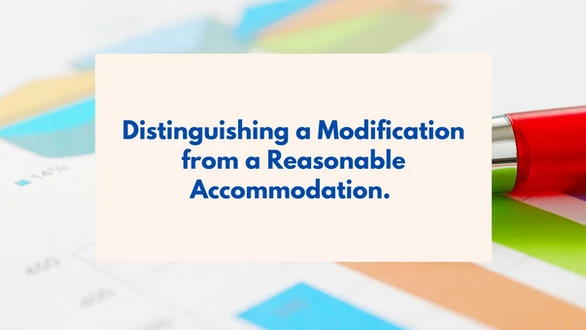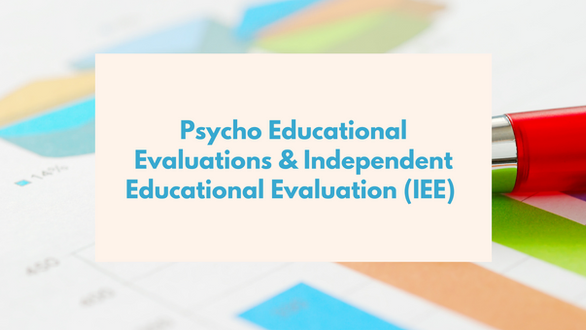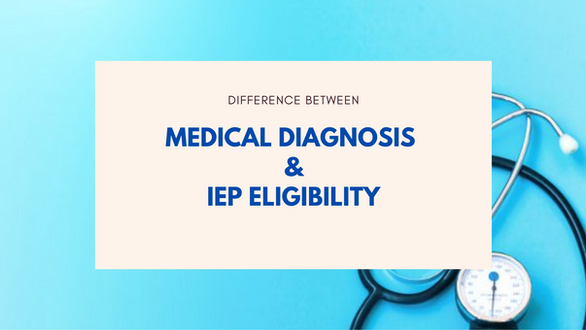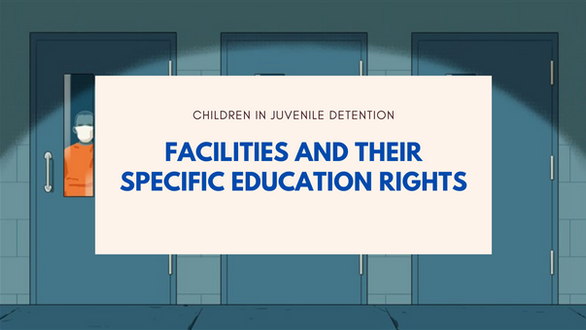The Individuals with Disabilities Education Act (IDEA) established the Child Find Mandate, under which public schools are required to identify and evaluate students who may have a learning and/or behavioral disability such as Attention Deficit Hyperactivity Disorder (ADHD). However, this critical part of the IDEA does not entail that school personnel can or should take it upon themselves to recommend ADHD medication for these students. The IDEA states that “public schools (along with districts and states) may not require any student, whether or not they get special education services, to take this class of medications” in order to attend.1 This also means that school must never consider medication to be a requirement for a student’s obtaining an evaluation for special education services. Nonetheless, the purpose of the Child Find Mandate proves itself necessary as schools work to accommodate students with attention problems such as ADHD. In reality the best way to evaluate and then treat each student is in a collaborative team comprised of parents, school faculty, psychological professionals, and others “who have the opportunity to observe and interact with the student over time in many different situations.”2
There is no law prohibiting school personnel from recommending medication for students they suspect to have ADHD; however, this is not advisable. Parents may file a complaint with the district and/or pursue legal proceedings if any personnel pressures them, or tells them that it is required, to put their child on ADHD medication. In an effort to minimize the role of school personnel in helping to identify and treat attention problems, some states have gone so far as to enact legislation to limit this role of schools, particularly when medication is involved. Despite the intention to advocate for students, this type of “restrictive legislation and debates about research findings can be counterproductive to improving both behavioral and academic outcomes for a child with ADD/ADHD.” In limiting the role of schools in addressing students’ attention 3 problems, and almost counterbalancing the Child Find Mandate as a result, these states have failed to recognize that school personnel may offer unique and vital insight about students.
During the school year, school personnel spend upwards of 30 hours a week with our children, observing their behavior and academic progress. This time in class can reveal much about a student’s cognitive and behavioral functions, perhaps from a perspective totally unique from that of anyone else in a child’s life. As such, it is important to include teachers and other members of the faculty in the creation and maintenance of the treatment plan for students with attention disorders. Personnel such as the school psychologist, school nurse, and behavioral support teachers are “trained to identify and understand attention problems,” and thus provide crucial information in evaluating and treating affected students. Still, school personnel are not 4 legally allowed to enforce medication as part of the intervention plan, nor can they require that the student be prescribed ADHD medication in order to attend class.
Pieces of state legislation that are justified are those that have outlawed the practice of directing parents to seek medication for their child as a prerequisite for returning to school after a suspension, getting an evaluation, or receiving special education services. Although medication hasproven to be one of the most effective tools in accommodating and treating children with ADHD, “it is never appropriate to make educational placements and programming contingent anintervention plan that is tailored specifically to his or her unique needs; what these plans will have in common is the incorporation of support in both the school and home environments. Whether these accommodations and treatments include the use of prescription medication is not up to the school to decide unilaterally on a singular occasion. Instead, the collaborative team must take time to observe, evaluate, understand, and grow alongside the child in order to provide the support necessary for effective treatment.
1.) Jones, L. “Can the School Require My Child to Take ADHD Medication?” Understood.org. 12 December 2018.
2.) The National Association of School Psychologists. “Diagnosis and Treatment of Attention Disorders: Roles for School Personnel.” NASPcenter.org. November 2005.
3.) The National Association of School Psychologists. “Diagnosis and Treatment of Attention Disorders: Roles for School Personnel.” NASPcenter.org. November 2005.
4.) The National Association of School Psychologists. “Diagnosis and Treatment of Attention Disorders: Roles for School Personnel.” NASPcenter.org. November 2005.
5.) The National Association of School Psychologists. “Diagnosis and Treatment of Attention Disorders: Roles for School Personnel.” NASPcenter.org. November 2005.

